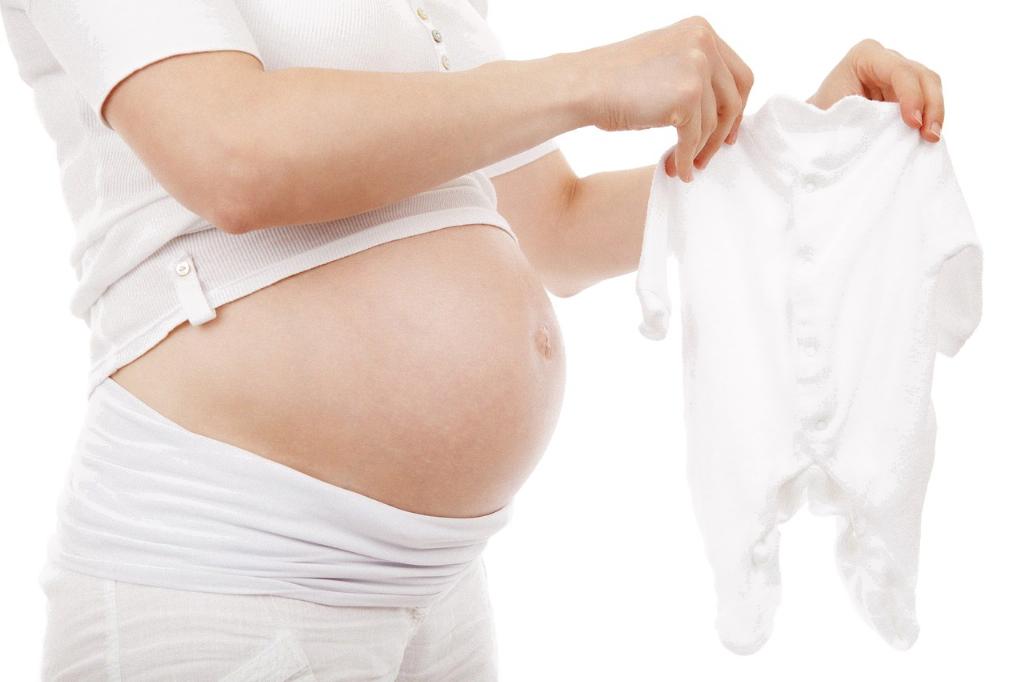When it comes to enjoying delicious Mexican cheese during pregnancy, it’s important to be aware of certain considerations to ensure the health and safety of both the mother and the baby. One key factor to keep in mind is the type of cheese being consumed, especially when it comes to soft Mexican-style cheeses made from unpasteurized milk.
Soft Mexican-style cheeses such as Queso Fresco, Panela, Asadero, and Queso Blanco are typically made from unpasteurized milk, which can pose a risk to pregnant women due to the potential presence of harmful bacteria such as Listeria. As a result, it is strongly recommended that pregnant women avoid consuming these types of cheeses to reduce the risk of foodborne illness.
While many pregnant women may enjoy the taste and versatility of Mexican cheese, it is crucial to prioritize food safety and make informed choices about which varieties are safe to consume during pregnancy. Opting for cheeses that are made from pasteurized milk can help minimize the risk of bacterial contamination and ensure a healthier outcome for both mother and baby.
Unpasteurized milk used in the production of certain Mexican cheeses can harbor harmful pathogens such as Listeria monocytogenes, which has been linked to serious health complications in pregnant women, including miscarriage, premature delivery, or infection of the newborn. By avoiding unpasteurized cheeses, pregnant women can reduce their risk of exposure to these dangerous bacteria.
It is essential for pregnant women to be vigilant about the foods they consume during pregnancy, as the health and well-being of the developing fetus can be significantly influenced by the mother’s diet choices. While Mexican cheeses are a popular ingredient in many dishes, it is important to prioritize safety and avoid high-risk varieties to prevent potential health hazards.
When it comes to Mexican cheese, it is crucial to read labels carefully and inquire about the production methods to ensure that the cheese is made from pasteurized milk. Choosing reputable brands and sources can also help guarantee the safety and quality of the cheese being consumed, providing peace of mind for expectant mothers.
While the temptation to indulge in traditional Mexican dishes that include soft cheeses may be strong, pregnant women are advised to exercise caution and opt for safer alternatives. Cooking cheeses thoroughly can help eliminate any harmful bacteria that may be present, reducing the risk of foodborne illness and ensuring a safer dining experience.
By staying informed about the potential risks associated with unpasteurized Mexican cheeses, pregnant women can make educated decisions about their dietary choices during pregnancy. Consulting with healthcare providers or nutritionists can also provide valuable guidance on selecting safe and nutritious foods that support both maternal and fetal health.
It is important for pregnant women to prioritize their well-being and that of their unborn child by being mindful of the potential hazards posed by certain food items, including unpasteurized cheeses. While Mexican cuisine offers a wide variety of delicious cheeses, pregnant women should err on the side of caution and select safer options to minimize the risk of foodborne illness.
Ultimately, the decision to consume Mexican cheese while pregnant hinges on choosing varieties made from pasteurized milk and following recommended food safety guidelines. By being proactive and informed about potential risks, pregnant women can enjoy a diverse and flavorful diet while safeguarding their health and that of their growing baby.
In conclusion, while the allure of Mexican cheese may be enticing, pregnant women should exercise caution and opt for pasteurized varieties to mitigate the risk of foodborne illnesses. By making informed choices and prioritizing food safety, expectant mothers can savor the flavors of Mexican cuisine while nurturing a healthy pregnancy.

